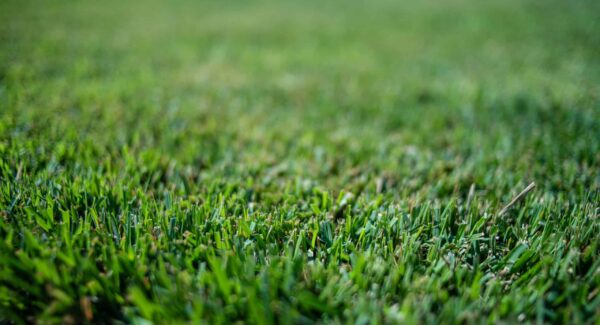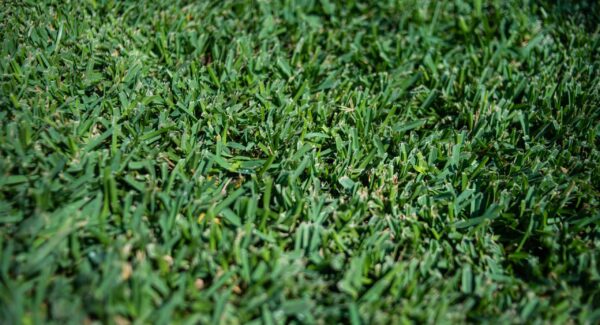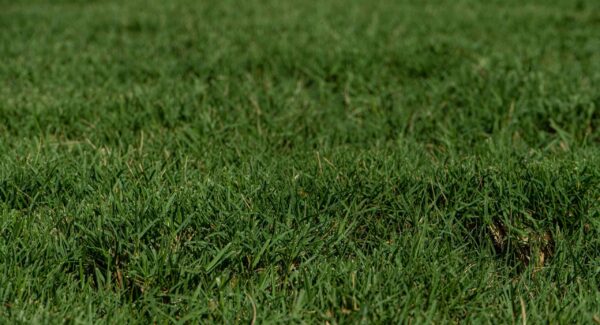Chemical versus Organic: Fertilizer Edition
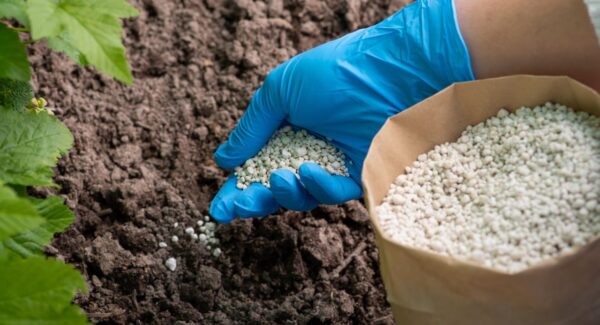
Like us, grass needs nutrients. Fertilizers give grass the nutrients they need so that they can actively grow and stay healthy. When fertilizing your lawn, it’s important to know when and how often- which is heavily dependent on the type of grass you have. But another factor you may want to consider is choosing between chemical or organic fertilizer. Both bring different advantages (and disadvantages) to the table.
Differences Between Chemical and Organic Fertilizer:
Nutrients.
Chemical fertilizers have a more equal distribution of the essential nutrients that your lawn needs and are always available for ready use. The nutrients in organic fertilizers are inconsistent and can have an unequal distribution, but have a lower risk of over-fertilizing.
Acid content.
Organic fertilizer has a much lower percentage of acid content than chemical fertilizer. The biggest disadvantage of high acid content is that it can prevent healthy grass growth by destroying the necessary nitrogen bacteria.
Cost.
Chemical fertilizers cost less, but you can make your own organic fertilizer by composting organic materials.
Components.
What are the fertilizers made of? Generally, chemical fertilizers are made out of synthetic material. There are two types of organic fertilizers: one that is made artificially with organic compounds and another type of fertilizers that is purely natural, using only compounds from nature (manner, sludge, fish emulsion, etc).
To keep your grass happy and healthy, it is suggested that you fertilize your lawn, whether you choose chemical or organic is completely up to you. If you have any questions, don’t hesitate to contact us at The Grass Outlet!
